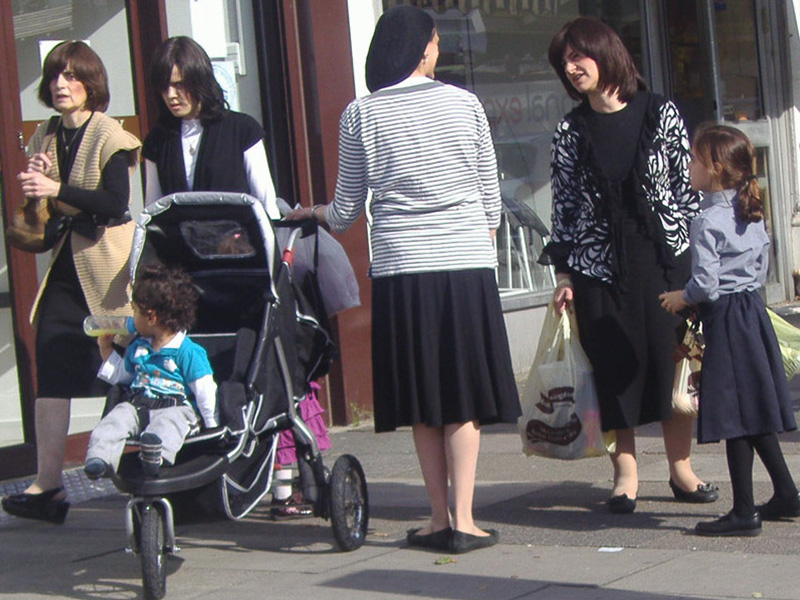With dismay, I read what the head of a prestigious hesder program – an Israeli pre-army yeshiva – had to say about religious women serving in the Israeli Defence Forces. These women became, he insisted, not only “crazy,” but unattractive and unmarriageable.
These young women who gave up several years to serve their country – rather than advancing their own personal agendas – he opined, enlist in IDF “as Jews, but they’re not Jews by the time they leave.” Rabbi Yigal Levinstein, head of the hesder program at Eli, an institution known for grooming IDF leadership, likened a situation with a female commander to “an insane asylum.”
It must be open season on women. Rabbi Levinstein’s repeated denigration of women in the IDF (including his view that women in camouflage paint are practicing wearing makeup for their weddings) is part of a string of statements made by rabbinic authorities constricting what women may be permitted to do.
‘such constrictions from rabbinic authorities mesh with the worst impulses in secular culture: to control a woman’s destiny, remove her agency, restrict her choices’
Rabbi Levinstein’s comments follow close on the heels of the Orthodox Union in North America issuing a detailed rabbinic opinion against women functioning in any capacity it deemed “rabbinic” (even without a rabbinic title), and after Israel’s chief Sephardi Rabbi Yitzhak Yosef forbid women not only from serving in the IDF, but from performing the alternative national service that many young religious women opt for. (He noted, however, that it would be acceptable for these women to do laundry and cook for male soldiers.)
All of these positions are advocated under the rubric of resisting dangerous, even degenerate, trends in secular culture; preserving women’s modesty and protecting women – largely from themselves.
But the truth is, such constrictions from rabbinic authorities mesh with the worst impulses in secular culture: Impulses to control a woman’s destiny, remove her agency, restrict her choices and make her dependent.
READ: BANNING FEMALE ORTHODOX RABBIS COULD BE DENOMINATIONAL SUICIDE
It’s not difficult to be discouraged by these positions, espoused not by fringe elements, but those with real clout. At the same time, it’s important to acknowledge that these are not the only voices on such matters.
The push toward broadening options for women; for opening up possibilities for women’s spiritual experiences, leadership roles and life options more generally, comes not so much from outside the religious community, but from within it.
That is, the valuing of women as complex and varied beings – and openness to the changes that reflect this – is an expression not only of advocacy by women “in the system,” but also by men. The growing popularity of what has come to be called the “partnership minyan” model – a religious prayer group that incorporates women’s increased enactment of ritual roles – owes its success to the commitment of both its female and male participants.
How do men arrive at sympathy with women’s aspirations? Often, it’s through empathy with women they love and trust: wives, sisters, daughters, mothers, neighbours, friends, colleagues and study partners – and out of a basic sense of shared humanness and Jewishness.
Not all women aspire to leadership roles any more than do all men. Some young women will opt out of the army or national service. But women who pursue these possibilities do so for reasons similar to men: to fulfil their innate capacities, do good in the world, forge connections and grow their networks and develop more fulfilling professional lives.
It boils down to these things: respect, honour, dignity and choice.
Women deserve no less.
